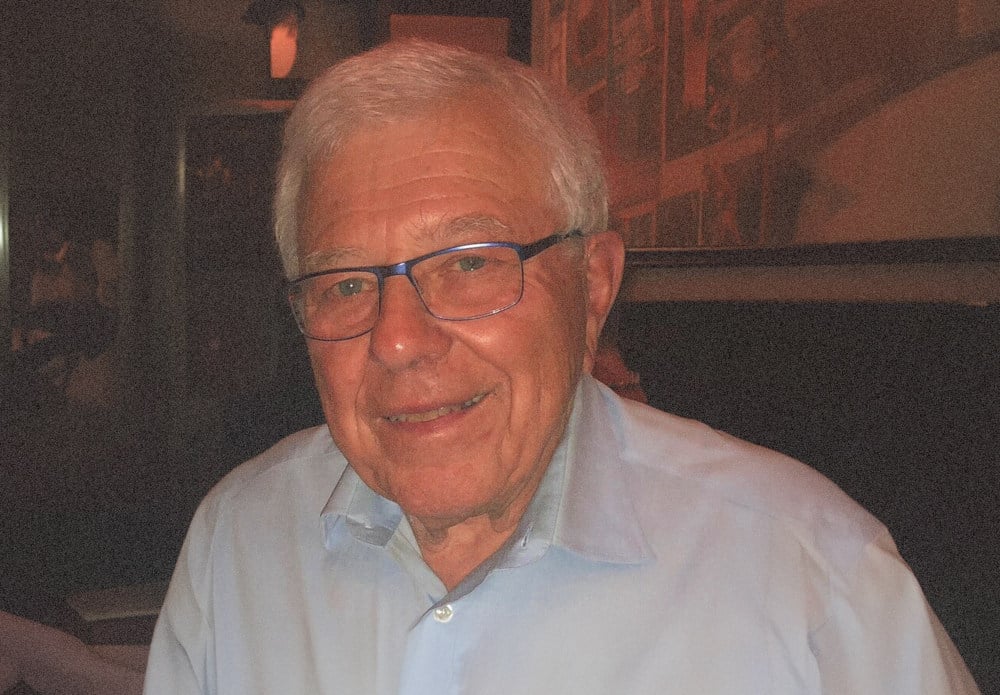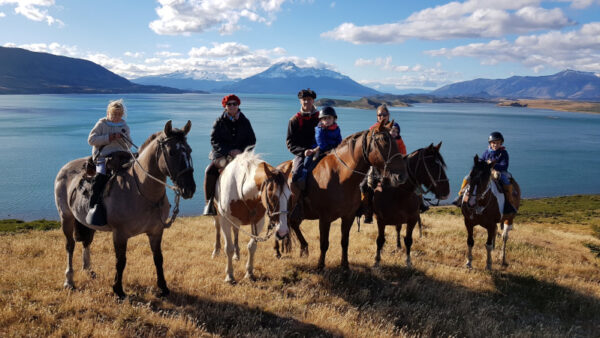
Germination presents a series of stories on the 20 most influential people in the seed sector in 2018. Want to nominate someone for 2019? Email mzienkiewicz@issuesink.com with the subject line “Top 20 nomination”!
To quote fictional anchorman Ron Burgundy, what Tom Steve is currently working on is — in wheat circles — kind of a big deal. If it comes to fruition, it could serve to rock the very foundations of western Canadian agriculture and change the way farmers think about cereals.
Steve, general manager of both the Alberta Wheat Commission and Alberta Barley Commission, is at the forefront of an effort to create value in wheat, to make it a more profitable crop and get the private sector as interested in wheat as it is in big-money crops like soybeans and canola.
Steve is co-chair of the Value Creation Working Group, tasked by the Grains Round Table to come up with a way to stimulate investment in cereal breeding. Steve and fellow working group co-chair Erin Armstrong — director of industry and regulatory affairs for Canterra Seeds — have come up with two models that are becoming a huge topic of conversation among growers and within the seed industry.
At the same time, Steve is once again proving why he’s a person of influence who isn’t afraid to stand in front of a room of farmers and explain why the funding model for wheat variety development needs to change.
“The system we have today is predominantly funded by producer and public money. That in itself is a risk,” Steve says in the frank, no-nonsense tone of voice he’s become known for — a voice that comes from having started his career in the 1970s as a broadcast journalist (serving as director of communications to the premier of Saskatchewan and as cabinet press secretary). He entered the ag industry in the late 1990s working in the grain sector.
“Public funding could be at risk of becoming flat or declining due to the realities of budgets and the shrinking number of farmers. It’s a win-win to bring more private investment to the market and better genetics, too. The risk is that if we continue down the path we’ve been going down all these years, Canada may not remain competitive globally as far as cereals go.”
The idea hasn’t come without controversy, he acknowledges.
“I hear from farmers that wheat is a lower margin commodity on their farm, but they don’t want to change anything. There’s a fundamental contradiction there. Of course, no one wants to pay more for seed if they don’t get an immediate return — they have a legitimate concern there. But here’s the thing — we need to look longer term at where our competition is coming form, and where the yields and quality of our product need to go to be competitive long term. And the only way to do that is through value creation.”
Changing financial and organizational models that have been long relied upon has become second nature for the 61-year-old Steve. As general manager of both the Alberta wheat and barley commissions, he’s working toward the integration of both organizations’ respective management teams.
“Merging management teams is somewhat ground-breaking in Alberta in terms of having two major commodity groups under one umbrella. In the past we’ve tended to have single commissions for each of the crops individually. We’re doing something new and are really excited about it,” he says.
(Hear Tom talk about working with Erin Armstrong and the origins of the working group’s proposed models for value creation).












